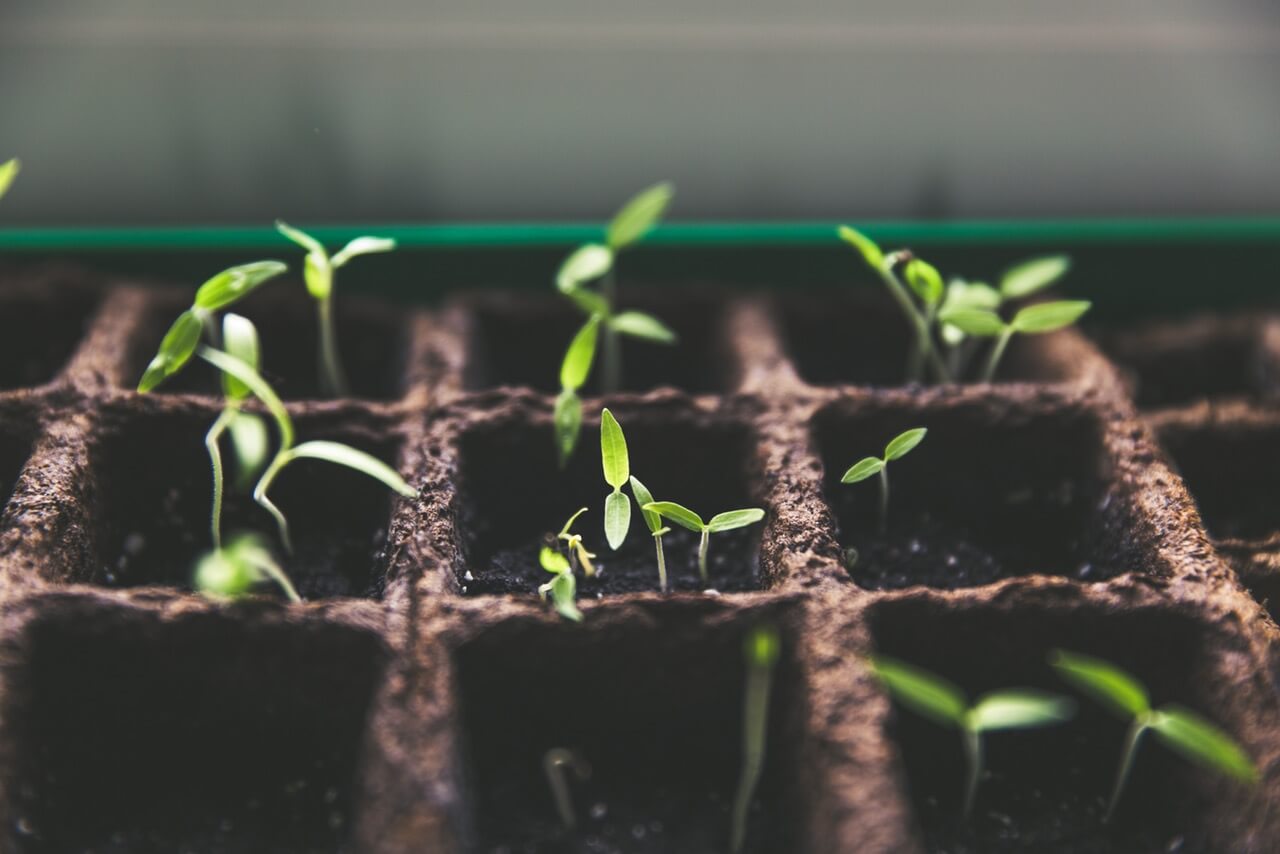The painful symptoms of endometriosis are caused by connective tissue that grows outside of the uterus and attaches to the surrounding areas of the body. Conventional western medicine typically uses medication and surgery to treat endometriosis with great success.
Complimentary and integrative therapies are also available to treat endometriosis. Nutrition therapy, nutritional supplements, acupuncture, pelvic floor release and massage have all shown benefits for some but not all people. Each body is unique and although these techniques may not be proven empirically they still may provide some benefit.
A closer look at the role of diet in the progression and treatment of endometriosis yields mixed results. (1)(2) This article will provide a few options and the possible rationale for deciding upon a particular nutrition therapy.
Fiber is fabulous! The Recommended Daily Intake of fiber for a woman aged 19-50 is 25 grams per day. During digestion fiber can absorb cholesterol and estrogen from the body. (3) In theory if fiber absorbs estrogen then it may have the beneficial impact of lowering the estrogen that is responsible for the overgrowth of endometrial tissue. However, diets high in fiber have not been proven to slow the progression of endometriosis.
Although, fiber offers health benefits beyond those specific to endometriosis, which is why ensuring you have adequate amount of fiber in your diet really doesn’t have any drawbacks. Fiber comes from all plant-based foods and that includes grains, vegetables, fruits, seeds and nuts.
An anti-inflammatory diet for endometriosis may help.
In theory eating a nutrient dense anti-inflammatory diet can reduce the inflammation associated with endometriosis. This is because nutritional deficiencies can cause inflammation and also amplify the inflammation that is already associated with endometriosis. (4) Salmon, olive oil, walnuts, fresh fruit, vegetables and herbs are foods commonly found in an anti-inflammatory diet.
Plants make a hormone similar to the human hormone estrogen; it is referred to as phytoestrogen. The progression of endometriosis depends on estrogen it has been proposed that reducing phytoestrogens in the diet may reduce symptoms of endometriosis. In studies some women have seen a reduction in symptoms by removing soy from their diet and then others have seen a reduced risk of endometriosis. If soy is a large part of your diet, consider a trial phase without it. If you feel no reduction in symptoms then eat it and if it is not a large part of your diet, don’t worry about it.
Sources
- Parazzini, Fabio et al. Diet and endometriosis risk: A literature review. Reproductive BioMedicine Online , Volume 26 , Issue 4 , 323 – 336
- Buggio, L., Barbara, G., Facchin, F., Frattaruolo, M. P., Aimi, G., & Berlanda, N. (2017). Self-management and psychological-sexological interventions in patients with endometriosis: strategies, outcomes, and integration into clinical care. International Journal of Women’s Health, 9, 281–293. http://doi.org/10.2147/IJWH.S119724
- Simon, F. R. (2001). Hormonal Regulation of Bile Secretion. In The Liver: Biology and Pathophysiology (4th ed.). Retrieved June 14, 2017, from http://www.gastrohep.com/theliver/27ARIAS027.pdf
- Halpern, Gabriela, Schor, Eduardo, & Kopelman, Alexander. (2015). Nutritional aspects related to endometriosis. Revista da Associação Médica Brasileira, 61(6), 519-523. https://dx.doi.org/10.1590/1806-9282.61.06.519

